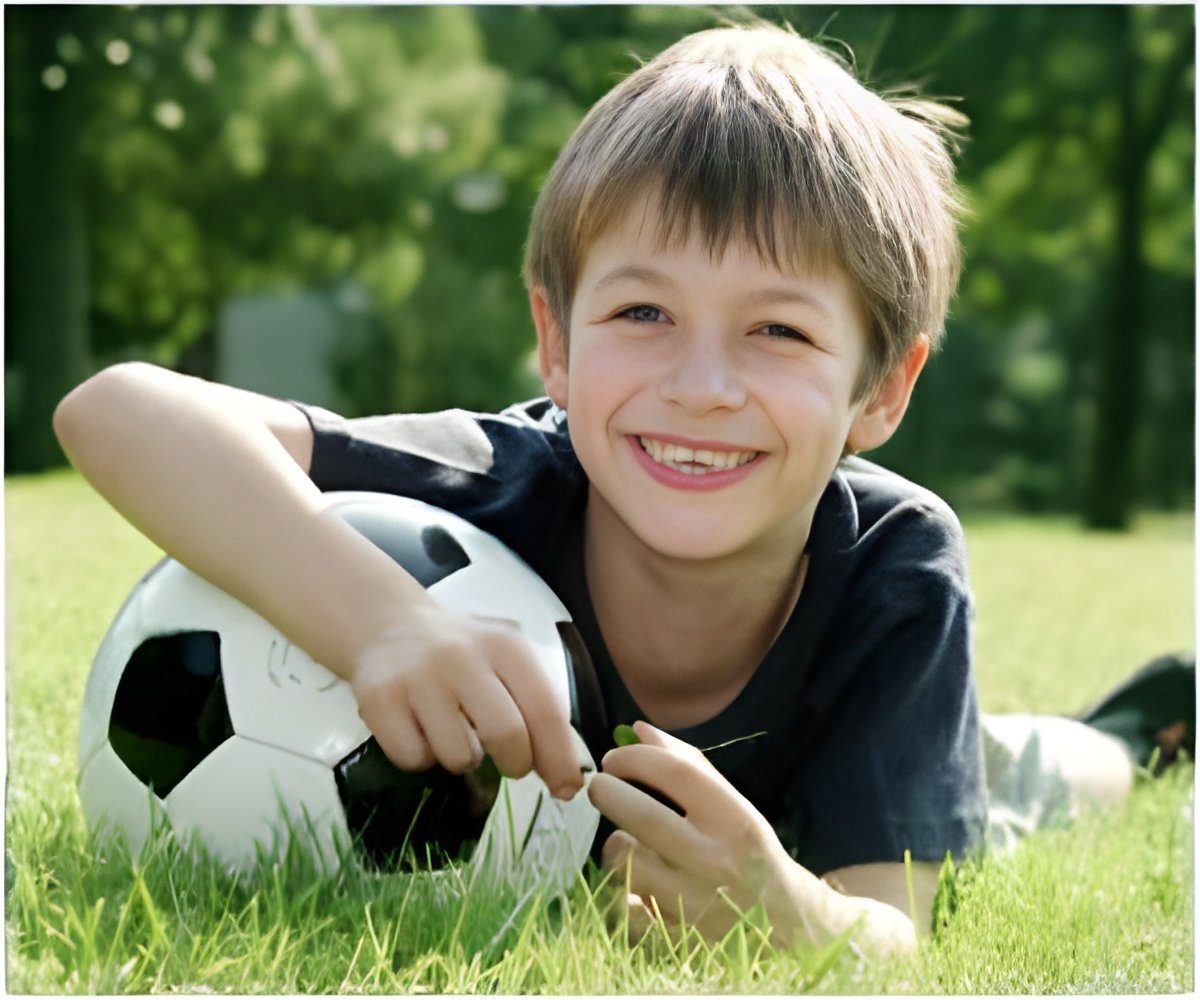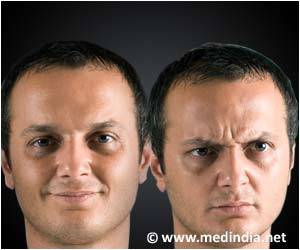Friends may make the difference in keeping children active, reveals a new study.

Lead author Jessica Graus Woo said that they speculate that the social network of friendships is increasingly important in influencing behaviors as children get older and having physically active friends may make it easier for obese children to get involved with activities and lower the perceived barriers for doing so, while having a physically active family may not be as inspiring.
Regular physical activity is key to managing weight for both children and adults, but little is known about whether children and adolescents see benefits or barriers to getting the exercise they need. The issue is critical since about one in three American children and teens are overweight or obese, putting them at risk for high blood pressure, high cholesterol, diabetes and heart disease, according to the American Heart Association.
The most commonly-cited barriers to physical activity were feeling self-conscious (29 percent); lack of enjoyment (22 percent); poor health (22 percent); lack of self-discipline (21 percent); and lack of energy (21 percent).
Family encouragement was high at 78 percent, but family and friends doing physical activities with kids were far lower, between 36 and 48 percent.
A friend getting involved was associated with significantly lower perceived barriers, including lack of interest, energy, enjoyment, equipment, skill, health and knowledge, where family participation or encouragement did not have this effect.
Advertisement
Among those who reported that friends never or were almost never physically active with them, 38 percent were in the highest physically active category, but if friends joined in, 76 percent reported being in the highest physically active category.
Advertisement
Source-ANI











